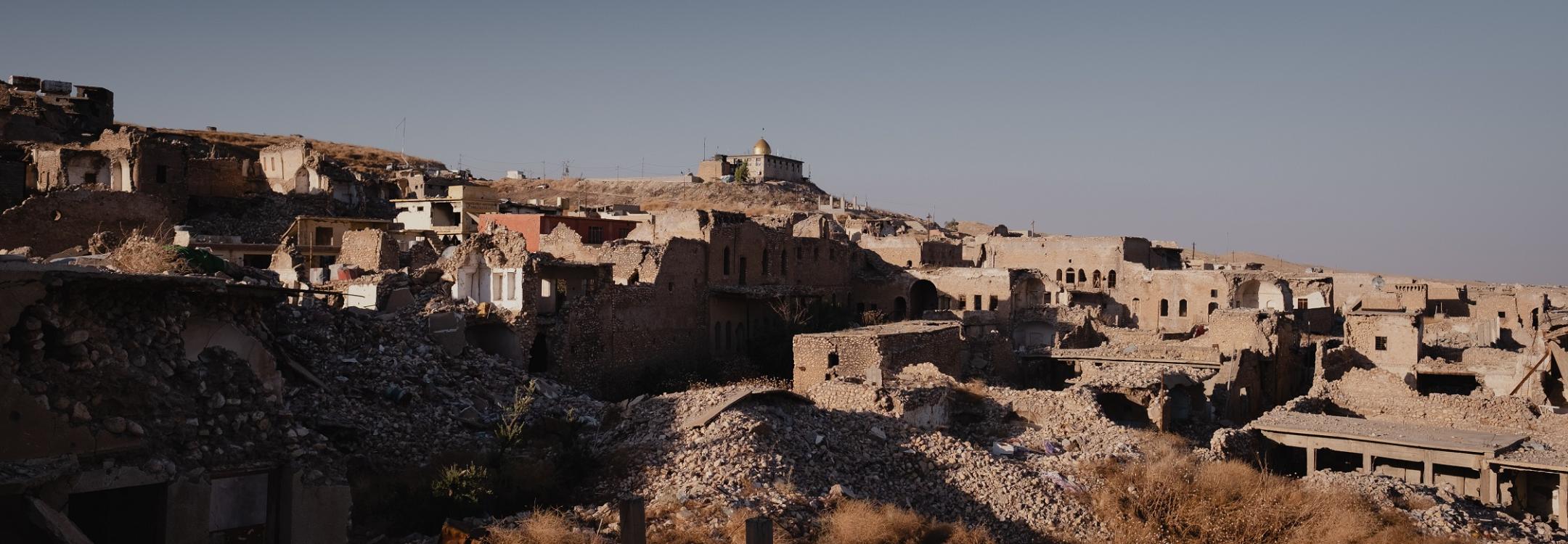
The United Kingdom could not be considered responsible for the torture of a former prisoner, committed in Iraq. This is the conclusion of the Grand Chamber of the European Court of Human Rights, which on 16 September 2014 dismissed the torture claim for a lack of evidence.
The case concerned an Iraqi applicant, who brought proceeding against the United Kingdom. The applicant claimed that the Government had not fulfilled its obligation to investigate the death of his brother Tarek Hassan and the marks of ill-treatment found on his body - a violation of Article 3 of the European Convention on Human Rights.
Tarek Hassan had been captured by the United Kingdom authorities in April 2003 in Iraq, detained in a US run detention facility, Camp Bucca, and was finally released in early May. In September of the same year, Hassan was found dead.
The applicant alleged that the United Kingdom failed to comply with the obligation to investigate, including the duty to establish that Hassan was alive and in good health when he left the prison camp, and that he was not released into a situation which exposed him to the risk of death or ill-treatment.
In the judgment, the Grand Chamber of the European Court dismissed the claim for a lack of evidence. According to the Court, there was no evidence suggesting that Hassan had been ill-treated while in United Kingdom custody. The UK therefore did not have any obligation to undertake investigations. The court based its reasoning on the fact that another detainee claimed to have seen Hassan on the day of the release but did not mention any sign of injury, or any complaint by Hassan of ill-treatment. In addition, the Court observed that the United Kingdom could not be considered responsible for the death of Hassan, considering that it occurred four months after his release, and in a distant part of the country not under the control of UK forces.
Despite the fact that the Court rejected the argument that the UK should be liable for the death of Hassan, the judgement confirmed that UK forces would be responsible for any violation of the Convention, notwithstanding the fact that such violations occur extraterritorially and in times of conflict. The case adds further support to the position that the human rights obligations of States extends to any situation where they retain jurisdiction or control.